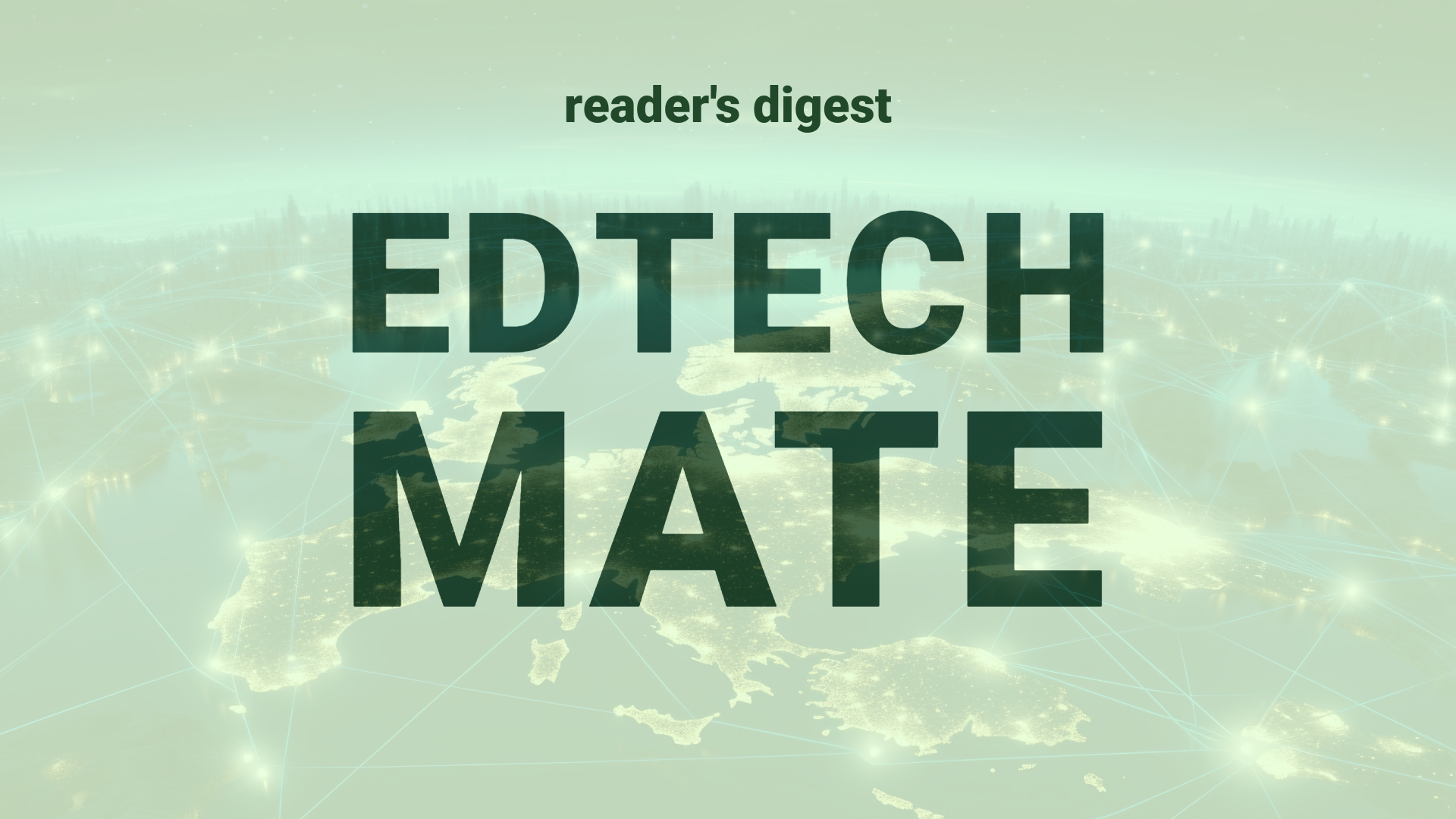“`html
Executive Summary and Main Points
In the landscape of global higher education, the decision to pursue a PhD remains a critical turning point in the academic and professional trajectory of many individuals. Recent discourse underscores coinherent risks and challenges, with implications for academic career pathways, financial outcomes, and mental health. The main points focus on realizing the potential financial gains relative to time investment, recognizing the prevalence of psychological distress among PhD candidates, the slim odds of securing academic tenure, the dangers of complacency, the pitfalls of ego-driven aspirations, and the elusive nature of work-life balance throughout a PhD journey.
Potential Impact in the Education Sector
The topics discussed accentuate the necessity for introspection among potential PhD candidates in the education sector, which includes Further Education, Higher Education, and Micro-credentials. The prospects of increased salaries must be contextualized; the nominal financial benefit over a Master’s degree may not justify the commitment. Furthermore, the alarming rates of anxiety and depression in academic environments indicate a need for robust mental health support systems, possibly transforming university cultures. Given the low conversion rate of PhDs to tenured academia positions, this necessitates a reevaluation of PhD programs’ alignment with actual career opportunities and cultivation of strategic partnerships that create alternative career paths, including industry collaborations.
Potential Applicability in the Education Sector
The issues raised can spur innovation within the higher education sector by advocating for AI-empowered career guidance systems that realistically forecast academic job market trends and personal fit. Digital tools and platforms could be designed to foster a more balanced PhD experience, enhancing productivity and well-being. Moreover, harnessing digitalization, universities could craft transparent metrics that reveal the true value of a PhD in various fields, which could inform strategic educational planning and tailored industry partnerships.
Criticism and Potential Shortfalls
While acknowledging the meritocratic appeal of PhD pursuits, criticism arises from the transactional nature of PhD programs that often prioritize institutional prestige and financial aspects over individual well-being. There is a global variability in academic culture, with some countries or educational systems potentially more conducive to mental health crises due to hypercompetitive atmospheres. Ethical questions emerge concerning the role of academia in fostering environments that may exacerbate mental health concerns, lack inclusivity, or fail to provide sufficient non-academic career support for graduates. Comparative international case studies could yield insights into how diverse education systems either exacerbate or mitigate these issues.
Actionable Recommendations
In light of the potential shortcomings, the education leadership should consider implementing technologies designed to predict and enhance PhD success, alleviate mental workload with AI assistance, and digitally connect students with a wider range of career pathways. It is also recommended for education systems to establish strategic industry partnerships that extend beyond academia, introduce mandatory career planning courses for PhD candidates, and rigorously promote a culture shift to destigmatize career choices outside the traditional academic track. These strategic implementations should align with embracing the educational institution’s social responsibility to the welfare and future success of their graduates.“`

